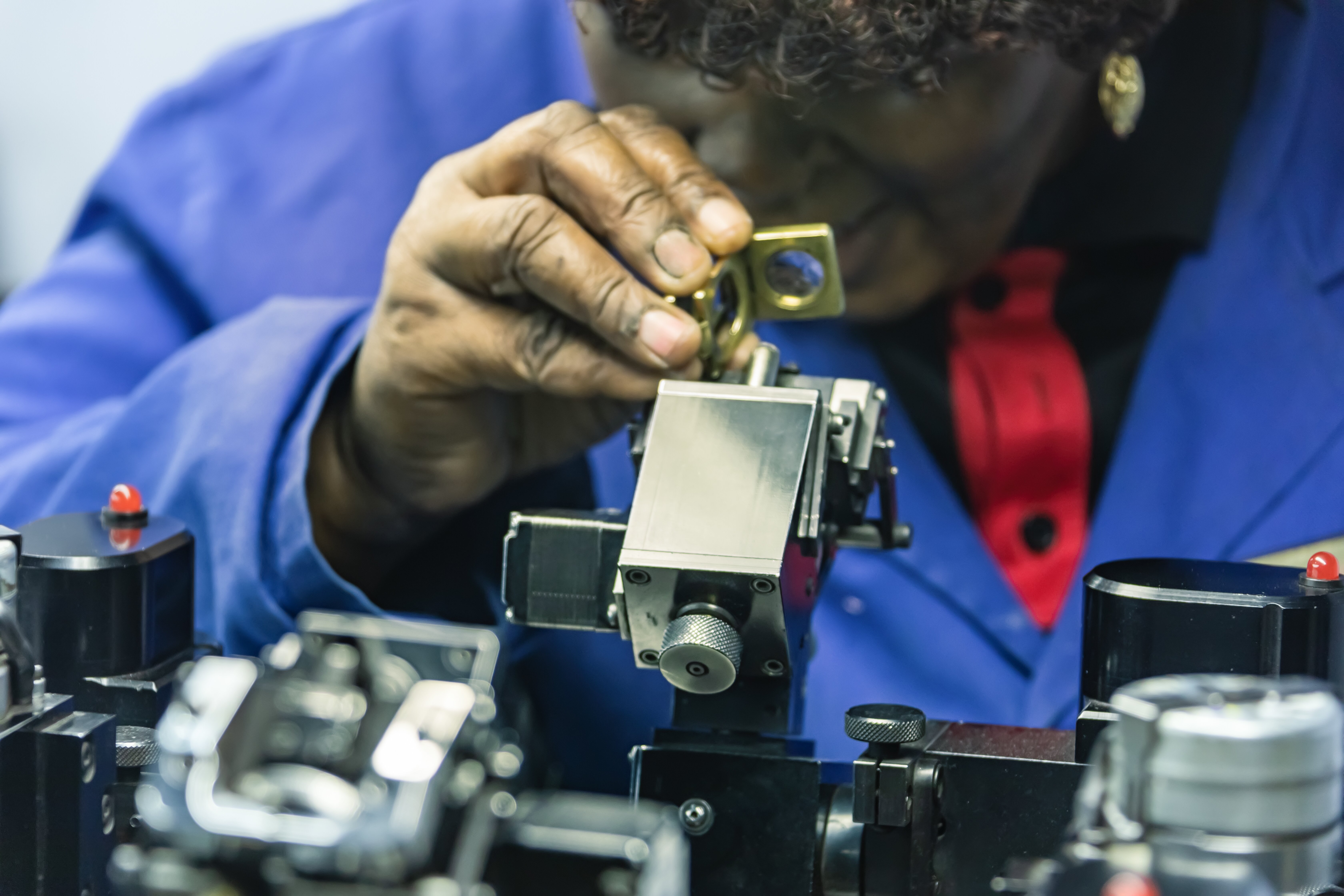Local African organizations are making a major contribution to containing the pandemic. Over time, they have demonstrated their social usefulness and their capacity for resilience.
AUDA-NEPAD very early on understood the magnitude of the pandemic and the importance of a coordinated continental response. We have forged partnerships and mobilized resources, setting up a Coronavirus fund that has $20 million in pledges. Our response plan covers strategic areas of public health and broader public policy, and also supports the private sector which is severely impacted by the global recession. Our action plan focuses on the following seven areas: Health service delivery; human resources for health; research, development, innovation and local manufacturing; education and training; skills and employability; food and nutrition security; and finance.
Local development agents, and political, civil society and religious leaders are on the ground, communicating closely with communities on a daily basis, to raise awareness of the fight against the virus. The measures put in place over the last decade to combat the various epidemics, particularly the Ebola virus, have made it possible to ensure that infrastructure, people and resources can be mobilized quickly.
Sierra Leone built community health centres to keep up with its Ebola cases. They were used to quarantine and treat those who could still be infected. A network of caregivers, trained medical auxiliaries to assist them, village community members, and regional officials made it possible to detect, isolate the sick and educate families to prevent the spread of the virus. This system has proved its worth; the last Ebola case in Sierra Leone was treated in early March 2020, a few days before the first case of Covid-19 was declared in the country.
“Across the continent, whenever we have had to make a concerted effort, we have been able to rely on our local networks, committed to community service.”
The lessons learned from this experience enabled the country to anticipate the spread of the next pandemic. A similar network was created in Nigeria to contain polio. Now, this network of more than 7,000 healthworkers across the country has been trained in record time to detect any suspected cases of Covid-19. There are many more examples of local networks in Ghana, Senegal, Morocco, Ethiopia, Rwanda and throughout Africa that have agilely and resiliently taken over from governments to prevent the spread of the virus.
AUDA-NEPAD is aware of the central role of our traditional, religious and local communities in the inclusive development of the continent. Agenda 2063, adopted in 2015, relies on traditional organizations to support our development policies. Across the continent, whenever we have had to make a concerted effort, we have been able to rely on our local networks, committed to community service.
African societies are societies of communities, not individuals, a fabric made resilient by countless interwoven struggles tackled side by side. They structure social ties and support economic development, even more so among young people, women and vulnerable populations. They safeguard our cultures so that they can withstand the passage of time, in the face of the worst disasters, including health disasters. The management of the Covid-19 pandemic, particularly in Western countries where there is less culture-based community interaction, reminds us of the solutions we have. And perhaps the rest of the world could learn from it.










